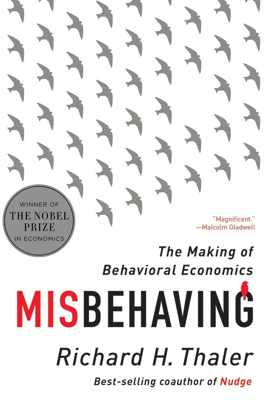What Seems Fair?
Understanding Perceptions of Fairness in Economic Transactions
Danny, Jack, and the author embarked on a project to explore what makes an economic transaction seem fair. This study focused on understanding public reactions to pricing strategies, particularly in scenarios where prices are increased in response to demand spikes. Utilizing a free telephone polling service provided by the Canadian government, they were able to experiment with various pricing scenarios and measure public opinion rapidly.
One of the key tests involved a hardware store that raised the price of snow shovels from $15 to $20 following a large snowstorm. This price increase was deemed unfair by 82% of respondents, although economic theory supports price adjustment in response to supply and demand changes. This disparity highlights the difference between economic theory and public perception of fairness.
The researchers also explored how certain conditions change perceptions of price fairness. For instance, auctioning a highly sought-after Cabbage Patch doll was viewed as unfair by 74% of respondents. However, when it was specified that auction proceeds would go to charity (UNICEF), the acceptance rate surged to 79%. This shift underscores how the intended use of profits can significantly influence perceptions of fairness.
Further studies involved varying scenarios like essential medical supplies during a flu epidemic, representing situations where public sensitivity to price increases becomes even more pronounced. Generally, essential goods like healthcare are expected to be safeguarded from aggressive profit-making strategies, reflecting a broad expectation of fairness in critical services.
Testing pricing frameworks demonstrated that people react differently based on how price changes are presented. For example, converting a discount into a regular price was more acceptable than directly increasing the price above the regular rate. This finding was linked to the endowment effect, where both consumers and businesses feel entitled to maintain established terms of trade, treating any changes as losses or gains.
Lastly, the issue of wage adjustments during economic downturns was discussed. Companies tend to avoid reducing nominal wages even during recessions due to the potential negative impact on worker morale and retention. Instead, when inflation is considered, real wages can be adjusted indirectly, making the process more acceptable to employees. This strategy highlights a nuanced approach to maintaining workforce stability while managing economic realities.
Overall, the research pointed out that businesses must carefully navigate public perceptions of fairness, especially when making changes that could be perceived as profiteering. Understanding and respecting these perceptions can be crucial for long-term customer relations and brand reputation.
